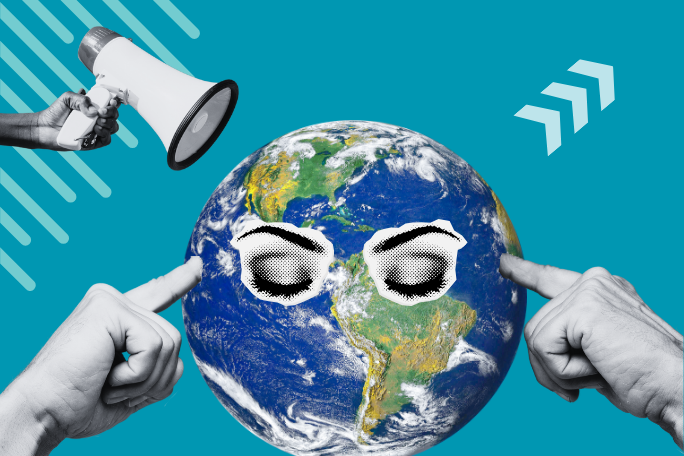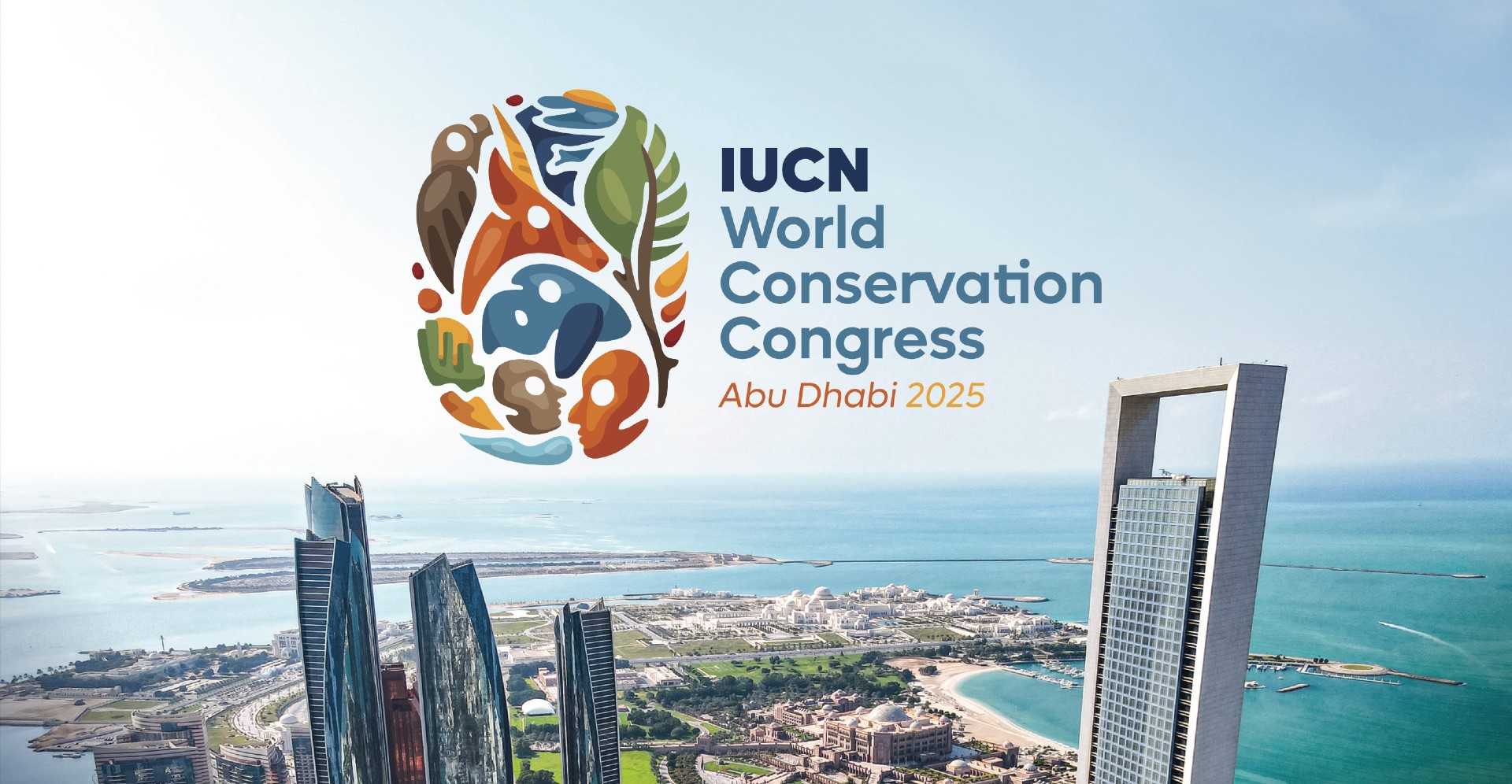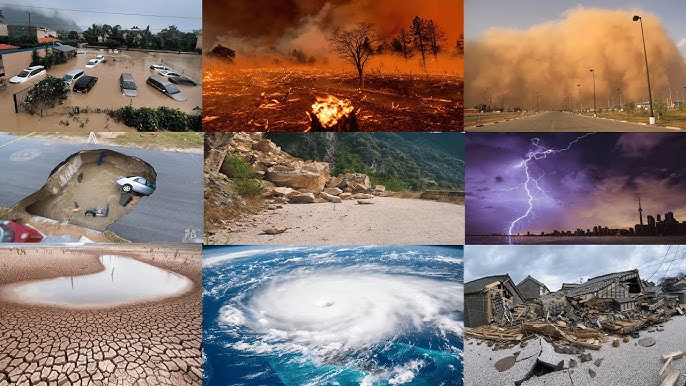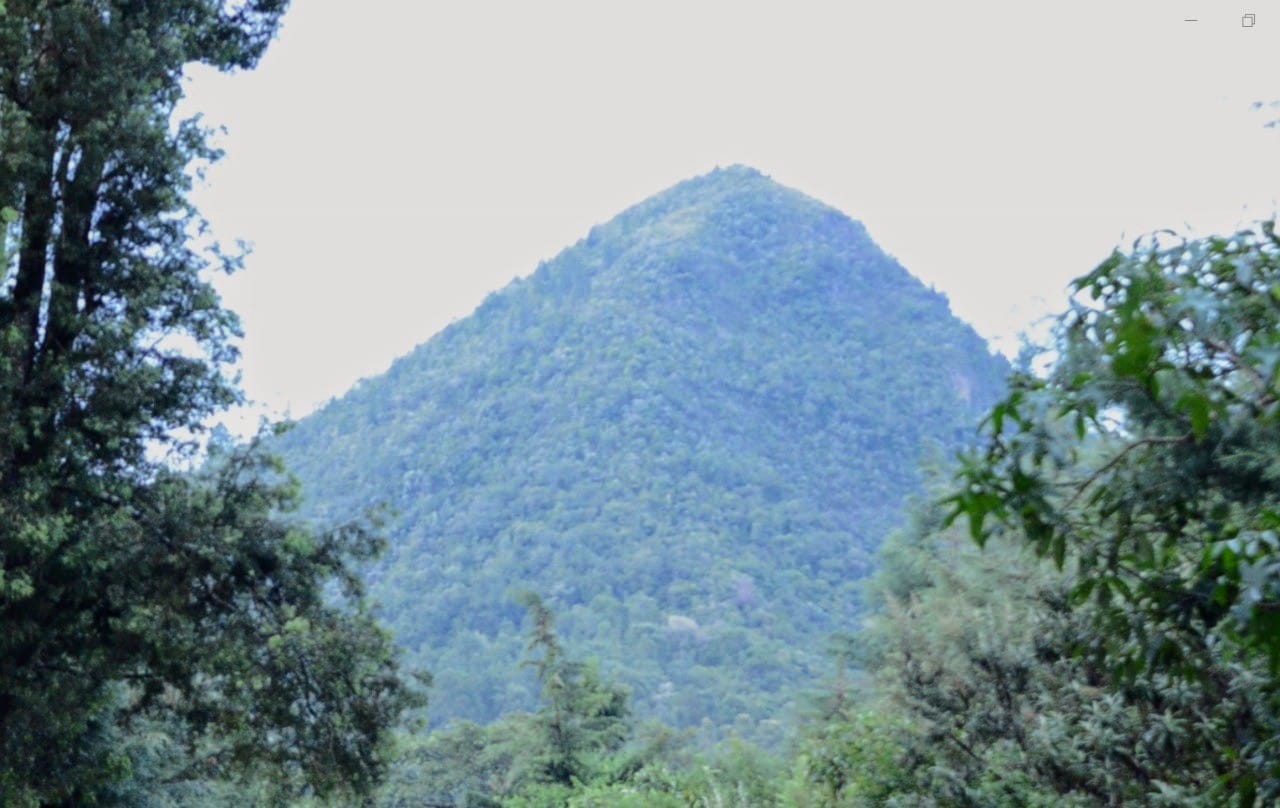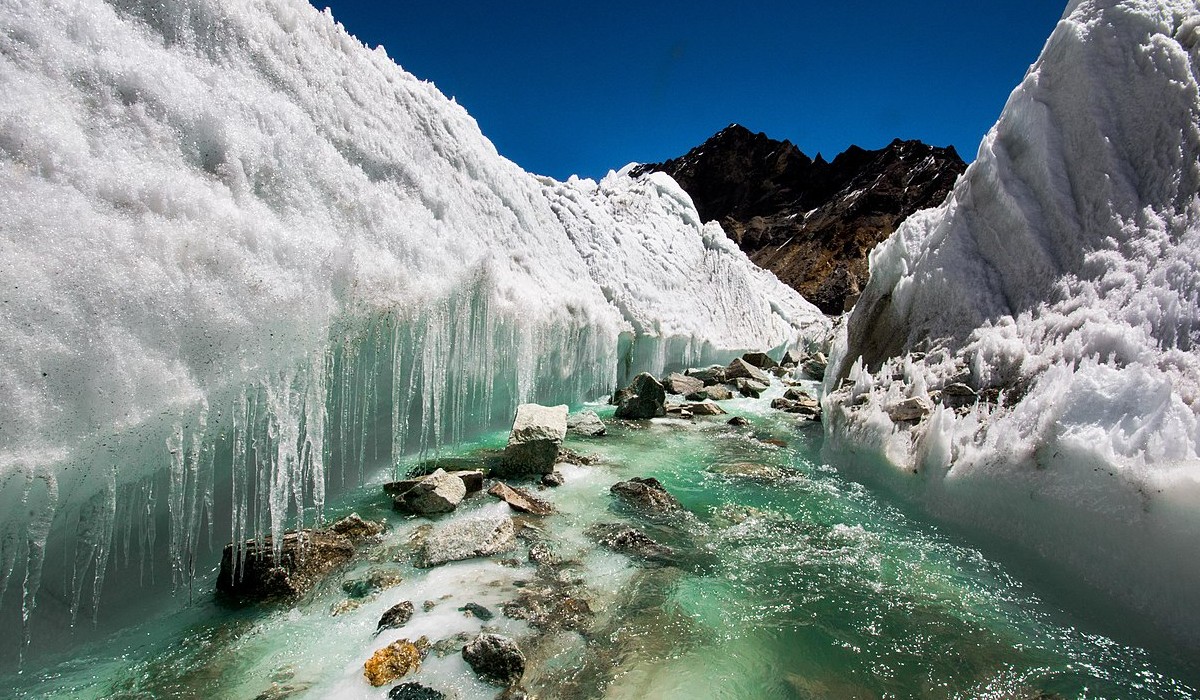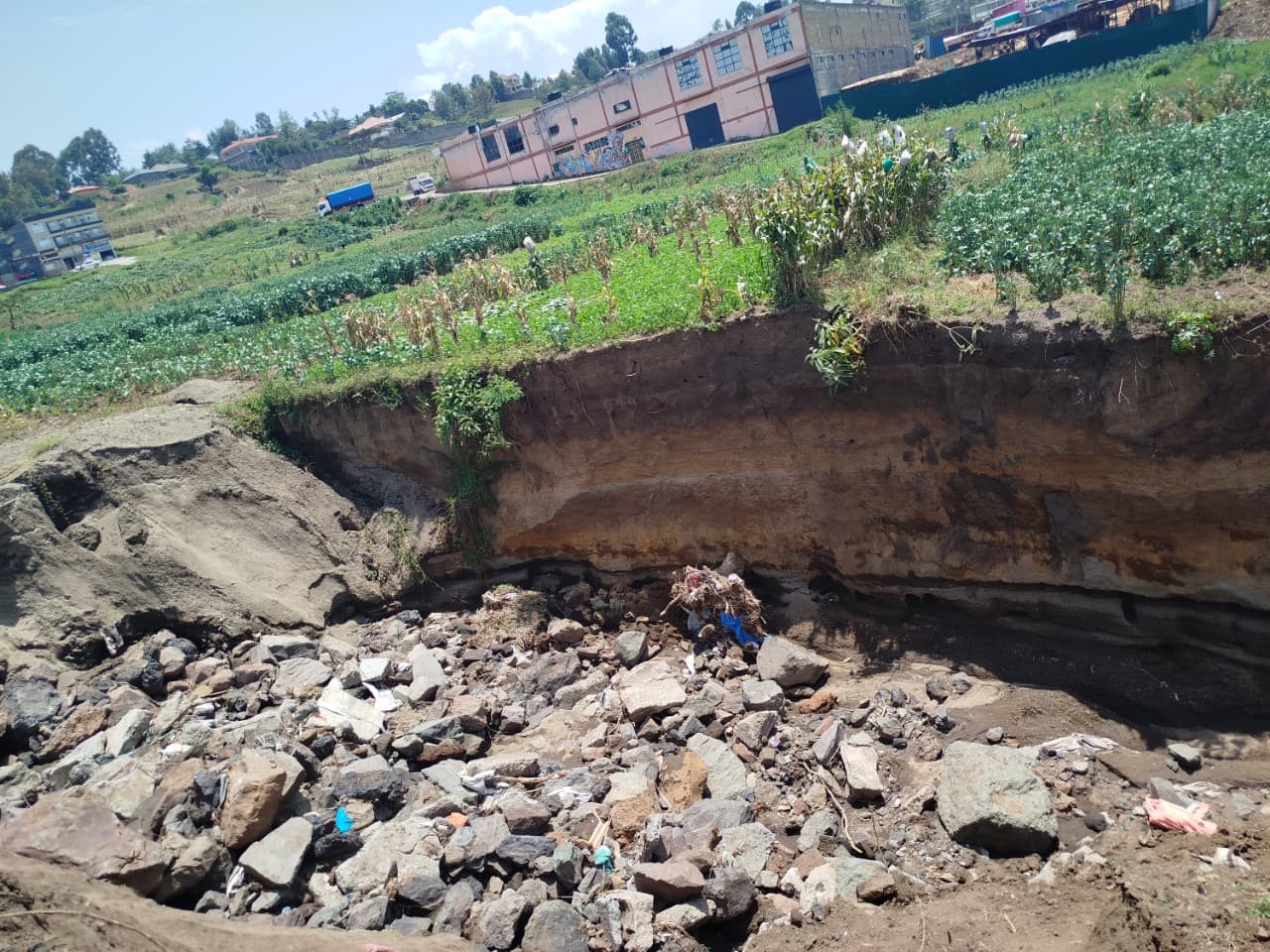- It seeks to hold digital platforms accountable for disseminating false narratives while empowering policymakers and the public with accurate data. Backed by stakeholders like Climate Action Against Disinformation (CAAD) and WWF, the program highlights the urgency of fostering transparency and global cooperation to support climate action.
In partnership with Brazil, the United Nations (UN) has launched a global initiative to combat climate disinformation, aiming to address the spread of misleading information that undermines climate science and hampers effective policy-making. Recognizing the critical impact of such disinformation on public opinion and global efforts to address climate change, this initiative emphasizes collaboration among governments, scientists, and advocacy groups.
It seeks to hold digital platforms accountable for disseminating false narratives while empowering policymakers and the public with accurate data. Backed by stakeholders like Climate Action Against Disinformation (CAAD) and WWF, the program highlights the urgency of fostering transparency and global cooperation to support climate action.
The United Nations, alongside Brazil, has launched an initiative to combat climate disinformation, addressing the growing challenge of false narratives that undermine climate science and action.
This effort responds to the rise of denialism, data manipulation, and greenwashing that hinder effective policy-making and public understanding of climate issues. By prioritizing global collaboration, the initiative seeks to establish a universal definition of climate disinformation, focusing on deceptive practices such as misrepresenting data, promoting false solutions, and outright denial of scientific consensus.
A cornerstone of the program involves holding social media platforms and advertisers accountable for spreading misleading content. Strategies include enhancing transparency, preventing the monetization of disinformation, and mitigating the misuse of technologies like AI. The initiative also emphasizes empowering underrepresented regions, such as Africa, Asia, and Latin America, by improving access to reliable climate information.
Read More
The initiative's strength lies in its multi-stakeholder approach, gaining support from advocacy groups, scientists, and organizations like the Climate Action Against Disinformation (CAAD) coalition and WWF. These efforts highlight the critical need for cooperation across sectors to counter the harmful effects of climate disinformation.
By fostering informed public discourse and promoting global accountability, the initiative seeks to strengthen the fight against climate change and ensure evidence-based policy development.
The United Nations-Brazil initiative to combat climate disinformation represents a vital step toward safeguarding the integrity of climate science and ensuring informed global action. By fostering collaboration among governments, organizations, and digital platforms, the initiative addresses the destructive impact of false narratives that undermine public trust and stall policy progress.
Its focus on accountability, education, and equitable access to accurate information reflects a comprehensive approach to countering this growing challenge. With broad-based support from advocacy groups and experts, the initiative underscores the urgency of uniting efforts to combat misinformation and build a sustainable future.

